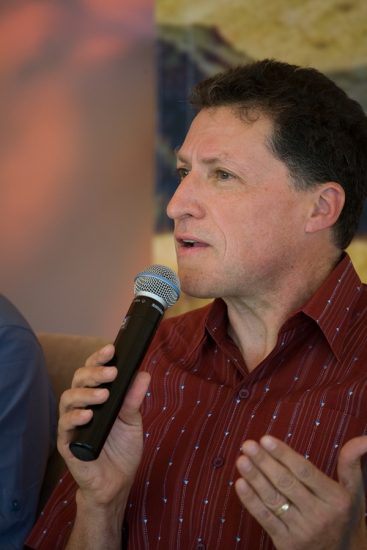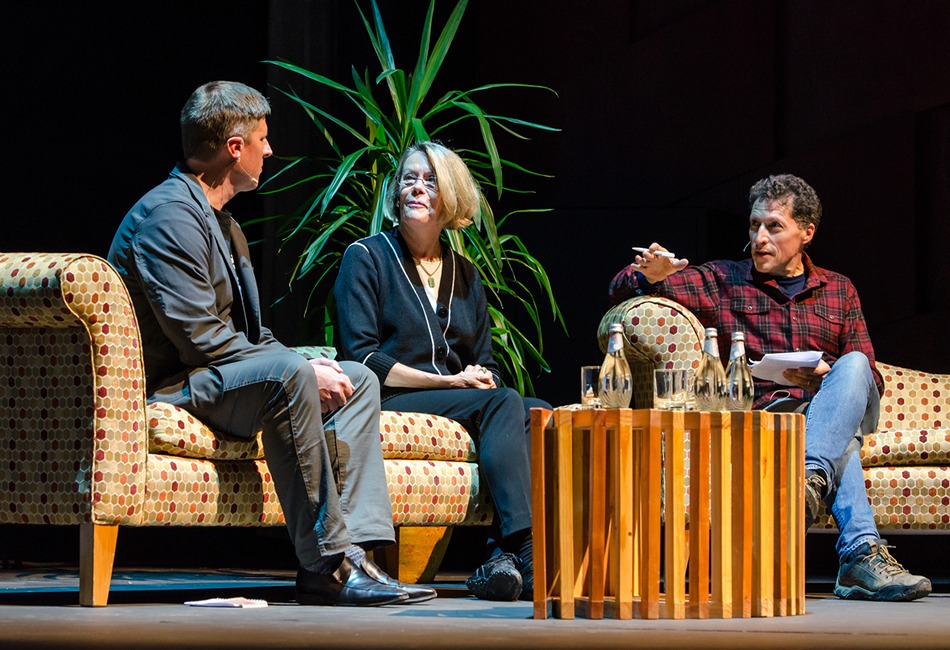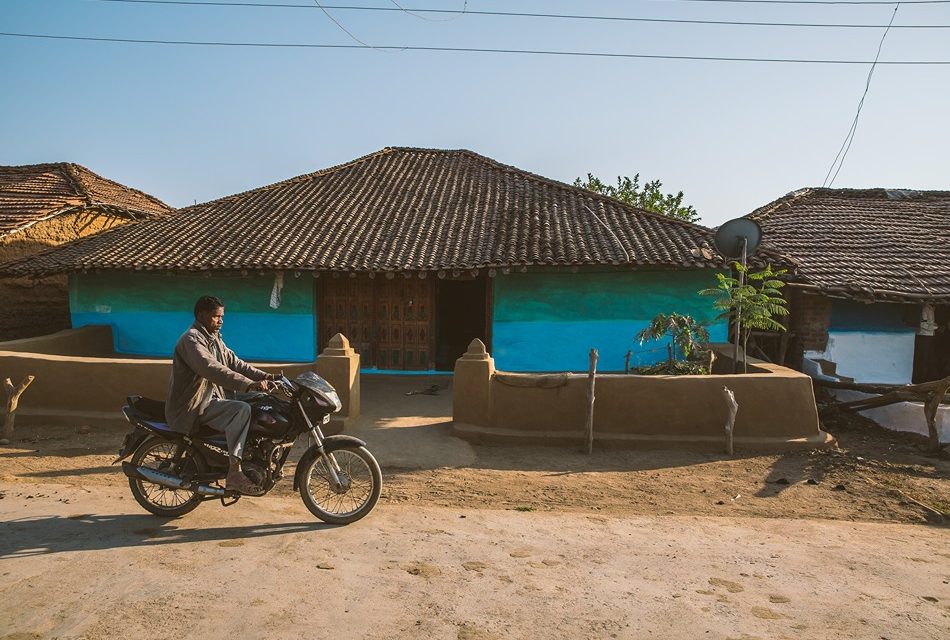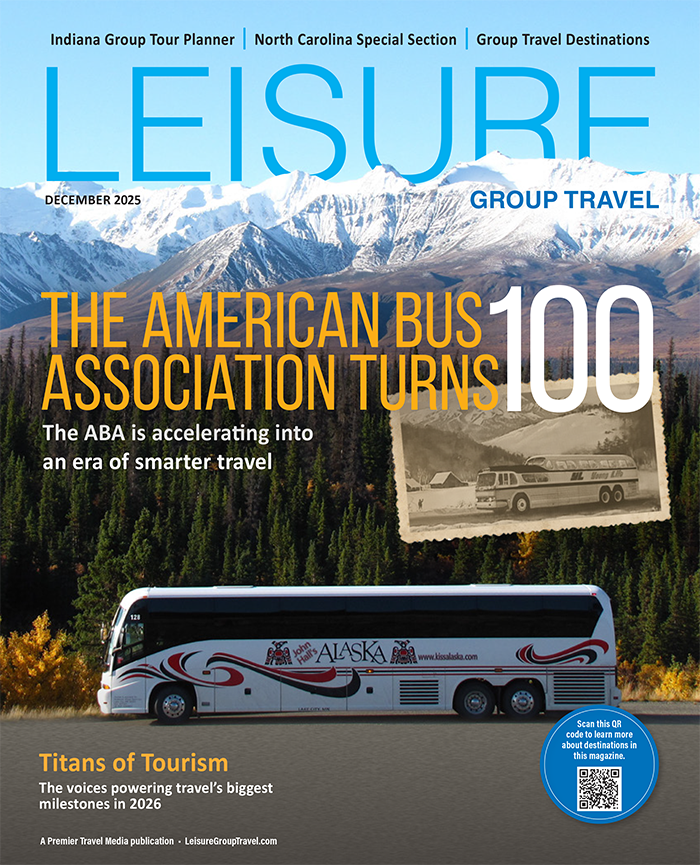ATTA aims to both facilitate travel and do something good in the world

By Arnie Weissmann, Editor in Chief, Travel Weekly
Upton Sinclair famously said, “It is difficult to get a man to understand something when his salary depends on his not understanding it.”
That has some application to the travel industry in 2025. As we see the impacts of human activity accumulate to the detriment of the planet, it occurs to any sentient person who makes a living sending or escorting people around the world: Is it possible to truly be a conservationist and work in the travel industry?
Travel has been singled out as a symbol of the excesses that accelerate climate change, erode community life, exploit indigenous cultures and pollute natural spaces.
Are we, like Sinclair’s uncomprehending counterparts, blinded? If not by salaries, by some other form of satisfaction that keeps us involved in travel despite our knowledge that it can problematic?
Perhaps some in the travel industry are fooling themselves, but I don’t think members of the Adventure Travel Trade Association are among them.
For more travel tips and ideas for groups, be sure to Download the June edition of Leisure Group Travel and Subscribe for FREE
Travel and Big Oil in the Same category?
The travel industry found itself in its current uncomfortable position in a relatively short period of time. When ATTA was formed 20 years ago, who among the founders would believe that one day people might view travel in the same category of scoundrels as Big Tobacco and Big Oil?
It’s not simply rationalization to point out that there are significant differences between travel and those corporate villains, of course. Unlike tobacco and carbon-based fuels, travel satisfies a host of basic human needs that result in positive outcomes: cultural exchanges, reconnecting with nature, renewal of spirit, inspiration.
And coming out of the pandemic, we saw what happens after these needs are inhibited for a period: the desire to travel explodes.

Sustainability, authenticity, responsibility
Fortunately, there are ways to travel that lean heavily into its positive attributes and mitigates, to the extent possible, the negative. And ATTA seems to attract people who focus earnestly on the watchwords that more traditional travel companies embrace with varying degrees of sincerity, marketing acumen or cynicism: Sustainability. Authenticity. Responsibility.
ATTA in some ways acts as an offset to some of the less-enlightened parts of the travel industry by creating products that not only tread more lightly, but which seek out and support alternatives to those components of the travel industry that have the greatest negative impacts.
And importantly, it is, more than any other organization I’m aware of in the travel industry, a community. People join it not only because it aligns with their position as an adventure travel company, but because it aligns with their values, as well.
My first close encounter with ATTA was at the 2013 Adventure World Travel Summit in Namibia. I was impressed that adventure itself was baked into the agenda, with a Day of Adventure (ominously abbreviated as DOA) in the midst of the conference.
I had been asked to facilitate a discussion that year on “How to grow a company without losing its core values” during the summit.
I began by asking group members (owners of small tour operations, for the most part) to, in a sentence, articulate the values they most wanted to preserve as they scaled up.
It was an interesting exercise and after it was over, my conclusion was that a key difference between traditional travel companies and ATTA members is that the former have mission statements and the latter have missions. Many of their responses were emotion-based, not clinical.
During another session, I sat next to a woman who told me that after discovering ATTA, “for the first time, I felt proud of my trade.” She said that there was a word in Norwegian, a noun, for passionate people: ildsjel.“Literally, it means ‘fire soul,’ she said “Here, there are a lot of fire souls.”

A ‘squishy’ word
I’ve subsequently attended summits in Chile, Italy, Switzerland and Japan, and each reflected how both the organization and even the definition of “adventure” has changed.
The gathering in Italy, in 2018, was in the Tuscan spa city of Montecatini Terme. I was a bit surprised by the selection of a province better known for producing olive oil than adrenaline.
I sat down with ATTA CEO Shannon Stowell and asked him about it; he acknowledged that adventure can be a “squishy” word; the preconference activities that year ranged from whitewater rafting to truffle hunting.
But even so, I found that, although the experiences of whitewater rafters and truffle hunters were vastly different, both the emotional charge and sense of satisfaction appeared to beat similar levels. That reinforced something else Shannon told me: Although the definition of adventure travel could be elastic, “it requires some sort of immersion. No drive-bys.”
Over the years, some of my thoughts about ATTA’s impact and its importance on the global tourism stage have taken shape outside of ATTA events. I learned only earlier this year about the role ATTA plays in facilitating development projects in poor countries. ATTA had planned to nurture tourism in the Balkans, the Middle East/North Africa region, Latin America and Central Asia, but all those projects were cancelled after President Trump’s DOGE eliminated USAID grants.
The benefits of these types of ATTA activities are bilateral; not only would they work to provide ethical adventure travel experiences but they would provide jobs in countries where they’re desperately needed.
It’s rare for a trade organization to see its mandate in such a 360-degree fashion. ATTA not only connects its community members, it supports initiatives to help that community stay true to its values and nurtures a greater sense of purpose than might typically be found in a trade group.
ATTA is unique in the industry. I truly respect its expansive understanding of how it can support its members and the field of adventure travel, and how it helps an important segment of the industry hold its head up and say, yes, I can both facilitate travel and do something good in the world. Fire souls, unite!
For more travel tips and ideas for groups, be sure to Download the June edition of Leisure Group Travel and Subscribe for FREE







